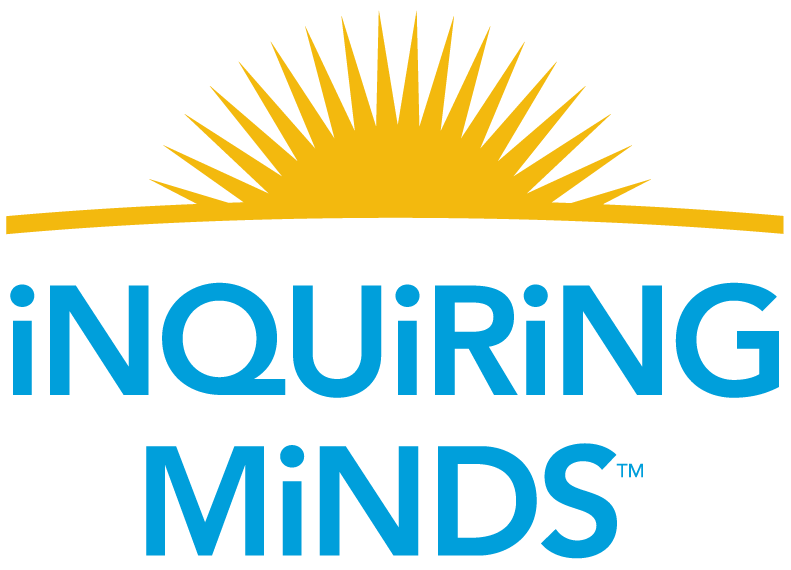Meeting # 1: Off To A Bad Start
FINALLY! The first meeting for Kids’ Council ended and the kids let loose.
The first meeting after the election was at the end of the day. We asked the kids to meet in a circle, seated on their chairs. This meant moving all the chairs and desks around their classroom. Scrape. Clatter. Ms. Brady said this was going to be a really big mistake and as she stood in the front of the room she folded her arms, shaking her head. But sitting like adults on chairs, with everyone facing each other felt important to our process: These were 5th graders, no longer little kids.
We announced the final winner of the Kids' Council election recount – 2 co captains had counts that were too close to call. In the recount the winner was Guy who stood up grinning and everyone whooped and hollered. Jasmine, the runner up, took it very well.
I handed out paper party blowers to all 26 kids, feeling we all needed a bit of release. But Ms. Brady was right about this too, they couldn’t keep their hands off them and any hope of focus was quickly lost. It was, after all, I reminded myself, the end of their school day. They had been acting out all day Ms. Brady had said and she let them know how disappointed she was in their behavior.
I asked if they felt the election was fair and Stan, who is quite a side talker in class said, without hesitation, “No. It wasn’t fair because Isaac was out that day and didn't get to vote.” I was astounded at his profound grasp of democracy and said, “You’re absolutely right, Stan. That tells me we will need to have absentee ballots next time.”
We started to talk about the way Kids’ Council would work but we didn’t get far since even maintaining 10 seconds of attention was simply impossible for the kids at that point. They were now ALL talking. A bit exasperated I told them in a very loud voice about the famous Stanford marshmallow test 1 where a child is left with 1 marshmallow in front of him and told if he could resist eating it for 15 minutes, he will be given 2. I said the research followed the lives of all the kids who participated in the test and that they found the ones who had controlled themselves were much more successful in life than those who didn’t. I wondered to myself if I brought in a whole mess of marshmallows next time, what would I discover? I was thinking that none of them would get more than 1 marshmallow.
Kids' Council was, after all, only 25 minutes long and some of the students had to run to catch buses. I found out after the kids left that Stan had gotten angry and disruptive during lunch. All the kids saw this. The kids who do try to control themselves felt resentful about this. They felt it reflected on the whole class. I could see depression and anger on their faces.
More to Come
In an inclusive, progressive school where no students are excluded we can use teachable moments like these to promote tolerance. This can ultimately encourage students to become more proactive and less reactive. Hopefully to grow to become kinder, better adults.
The Inquiring Minds’ strategy is to take full advantage of disruptions in the classroom during Kids’ Council. We join the kids in a process of collaboration, listen, empathize with and among them in real time. All this acts as positive reinforcement.
You’ll learn a lot more about how the kids’ know intuitively how to bring harmony to their classroom. You’ll read all about their innovative solutions in the coming Kids’ Council posts.
Note: The evolution of the Kids' Council is endlessly fascinating and also very personal for the students and the teacher. So the names of everyone have been changed to protect their privacy which allows us to talk more candidly about them.
The Marshmallow Test, Walter Mischel
http://www.goodreads.com/book/show/20454074-the-marshmallow-test

